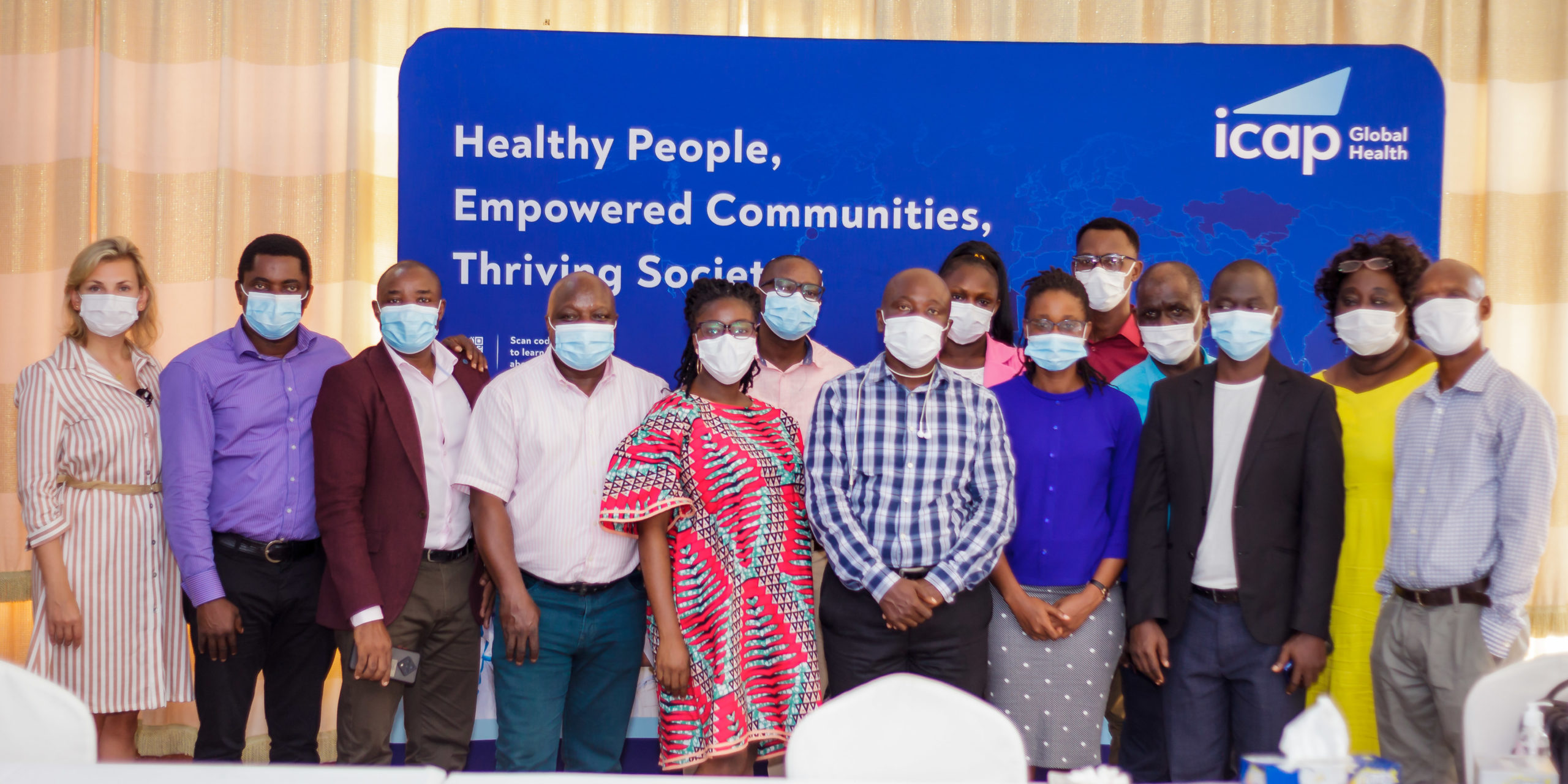
ICAP HIV Coverage, Quality and Impact Network (CQUIN) has on Tuesday, November 16, 2021, commenced its 5th annual general meeting at the Bintumani Hotel in Freetown.
The CQUIN annual meeting is an opportunity to share lessons learned
and describe changes over time in HIV. Every year, countries team up to complete a standardized online questionnaire which informs the description of their “model mix” and contributes to the CQUIN dashboard.
Various panels of discussions and presentations were extensively delivered during the different sessions of the program.
One resounding and eye catching presentation that was vividly delivered by Nathan Ford, in his summary presentation that every day the world records over 4,100 new HIV infections both on adults and children in the year 2020. In his continuation he states that 58 percent of the cases recorded are in Subsaharan Africa, 10 percent are among children under 15 years of age, 90 percent are amongst adults aged 15 and older, of which whom 50 percent are women, 30 percent are amongst young people (15-24) 19 percent are amongst young women (15-24).
Moving forward Covid-19 disruptions of HIV diagnosis and treatment services were also discussed. The session is expected to end on Friday, November 19, 2021 and it aims to expand and improve differentiated service delivery for people living with HIV.
CQUIN Coverage, Quality, and Impact Network of HIV. It’s a multi-country learning network dedicated to expanding and improving differentiated service delivery (DSD) for people living with HIV.
Based at Columbia University with operations in more than 30 countries, ICAP is a leader in global public health, internationally known for tackling the world’s toughest health challenges—from HIV to tuberculosis, from malaria to maternal and child health, and the growing problem of non-communicable diseases, and most recently, the COVID-19 pandemic. Through innovative research, collaborative technical assistance, and a focus on strengthening health systems, ICAP helps to create better, more accessible, health services to reduce the burden of illness on people and communities. A beacon for inspiring change, ICAP disseminates knowledge and best practices to inspire better population health worldwide.
ICAP was founded at Columbia’s Mailman School of Public Health in 2003 by Wafaa El-Sadr. ICAP was created at a time when an estimated 2.4 million people were dying every year from HIV around the world. As the global crisis unfolded, ICAP was determined to overcome the challenge of making HIV treatment available in areas with very limited health care infrastructure.














